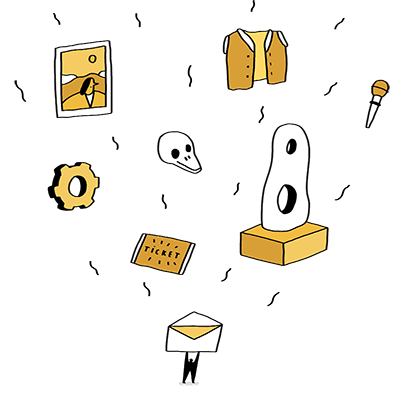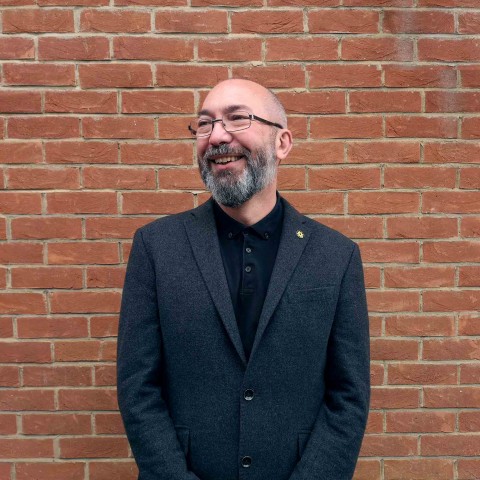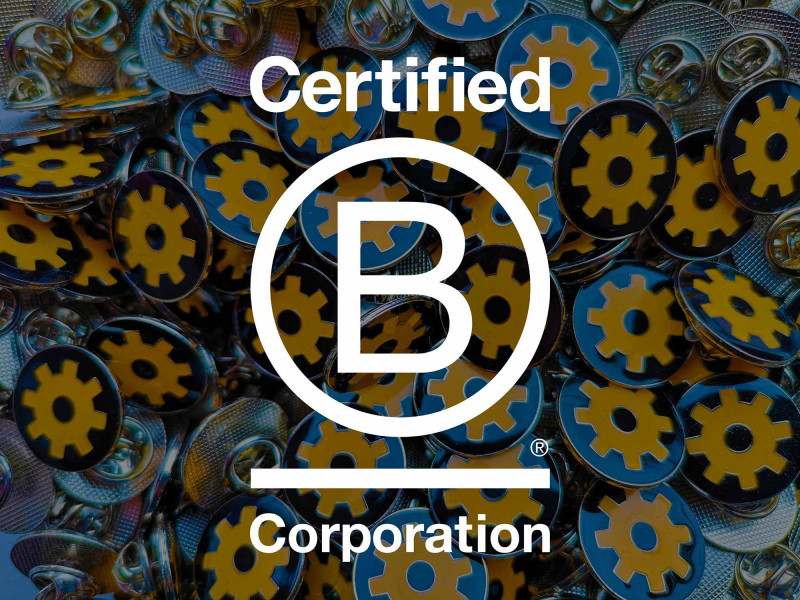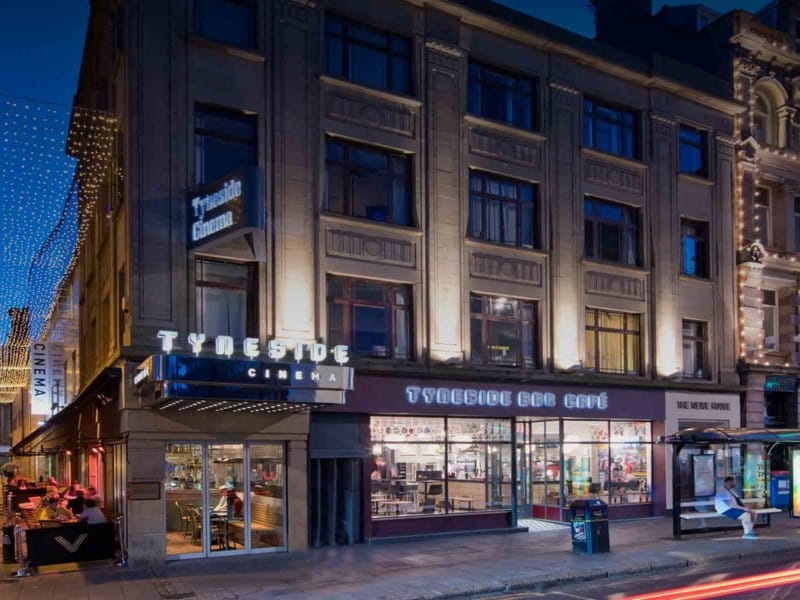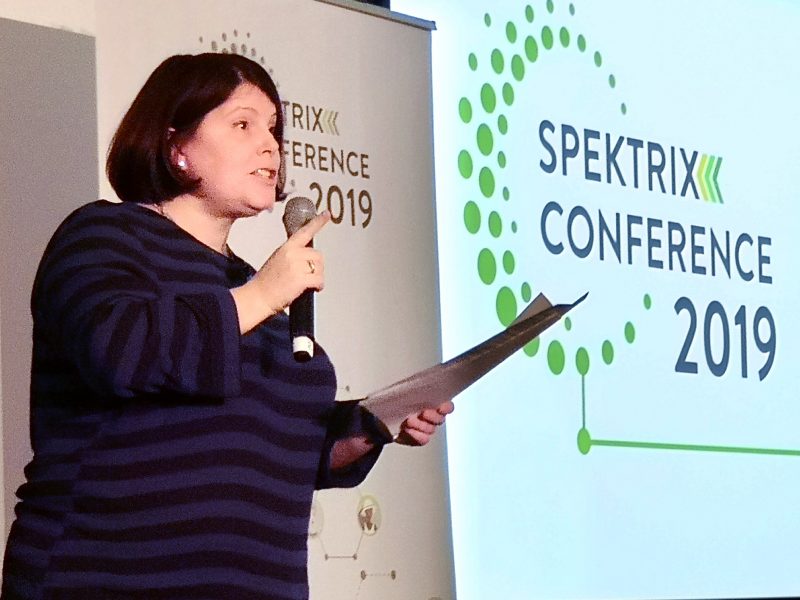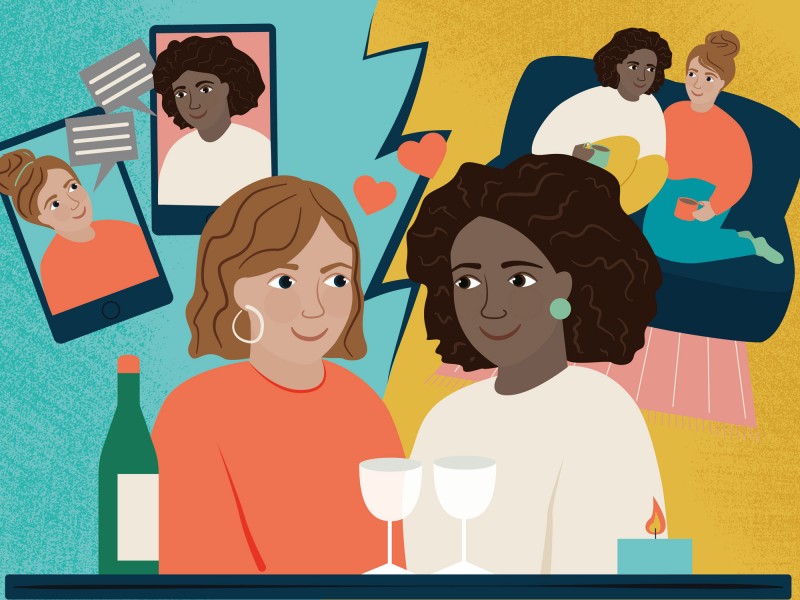Exactly three years ago we made a big song and dance about becoming a B Corp. As we’ve decided not to re-certify I thought I should be equally vocal about that too.
Cog is no longer a B Corp
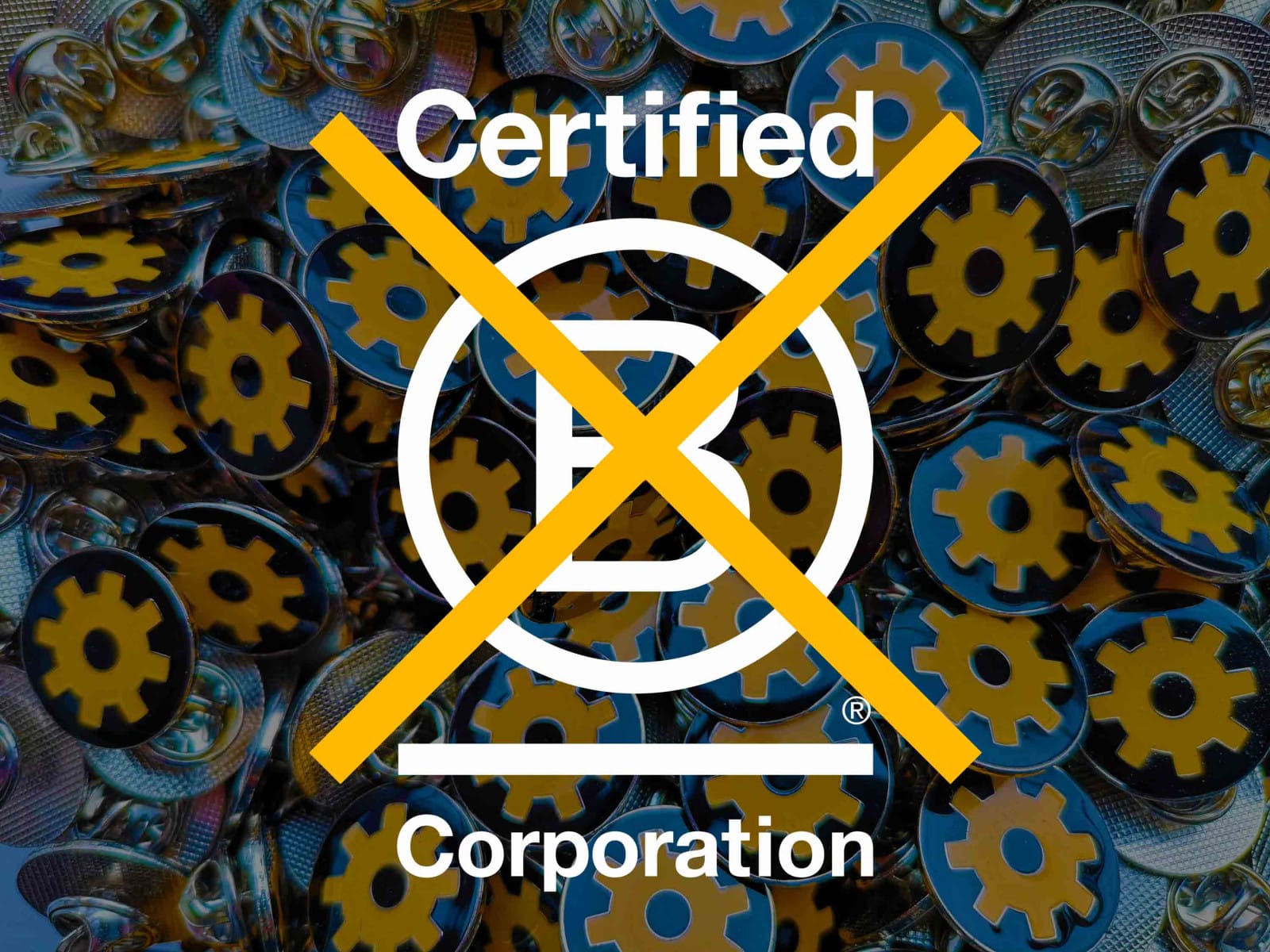
If you’re not aware, B Corp began in the US as a recognition that businesses can exist to benefit society whilst making a profit, one doesn’t have to rule out the other.
To become ‘Certified’ you need to work through a rigorous process of proving “the highest standards of verified social and environmental performance, public transparency, and legal accountability to balance profit and purpose”. And you have to pay for that process plus an annual fee. Plus you need to re-certify every three years.
Our three years is now up. And, although it would be relatively simple for us to fill in the forms again, we have taken the decision not to do so.
We still believe in (and live by) the values represented by that certification. We still consider ourselves a business that exceeds those standards. But the actual badge just does’t feel, to us, like a useful investment any more. It’s value has been diluted whilst its costs have escalated.
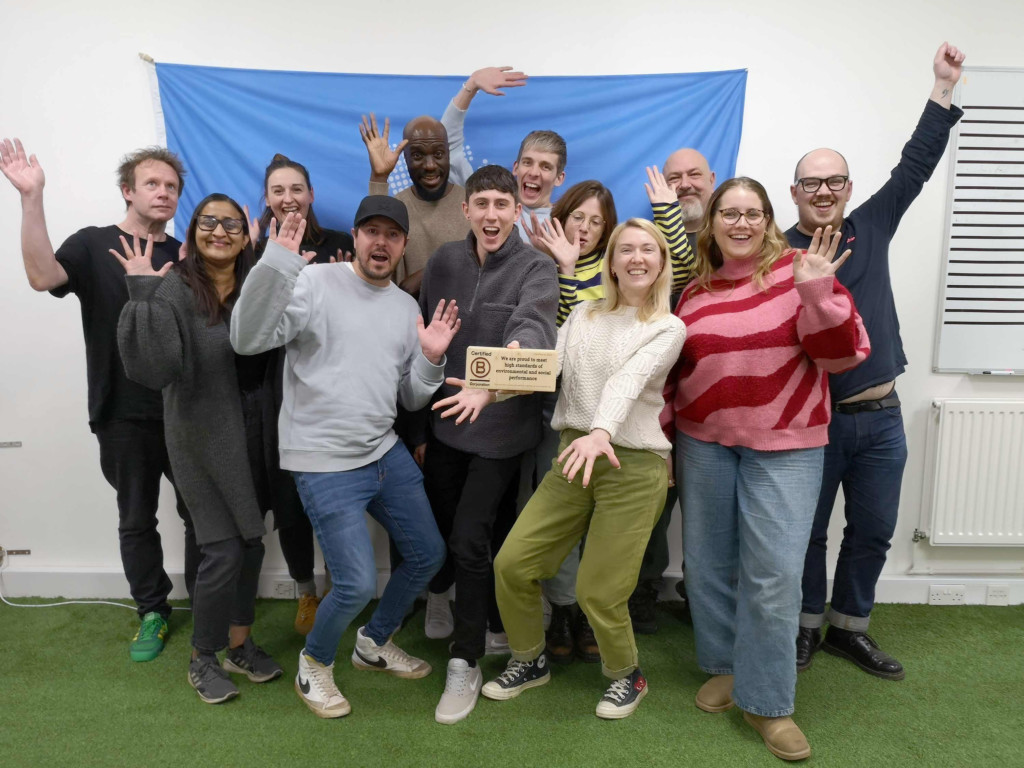
The Cog team in 2022, celebrating the arrival of of B Corp plaque.
Why we joined
I am a natural sceptic. We can chat another time about why I think scepticism is a useful position, whilst cynicism is corrosive. For now, let’s just say that I am not a natural joiner of things. I especially don’t like badges that represent little more than the transactional tick-box exercises that so many schemes quickly become.
In the ’90s I remember wrestling with the knowledge that our peers were all becoming “Investors in people”. We even lost out on a couple of contracts because we didn’t have that Government sanctioned badge on our letterhead, even though we exceeded all of the criteria for having it.
We’ve always avoided ISO and the more recent Cyber Essentials accreditation. Not because we don’t believe that they are helpful indicators of a level of professionalism but because they quickly become about passing a criteria rather than a common sense understanding of why that criteria is important.
I was even asked recently to become a Living Wage accredited company. I strongly believe in that principle but it would feel disingenuous for us to do that as I cannot imagine trying to employ anyone at less than London’s Living Wage. All we’d be doing is paying for a badge.
B Corp felt different. A colleague introduced me to the movement in 2019. My natural scepticism (and the feeling that it sounded like a cult) led me down a rabbit hole of research into the founders and the structure of the movement in the US, and why the name ‘B Corp’.
My conclusion then was that it was just a terrible name. ‘Benefits Corporation’ is a meaningless term beyond a few US States, and if they don’t create a decent new narrative for it soon, it’ll be too late to address it as the movement grows internationally. I stand by that now: they should have rebranded while they had the chance.
But I was impressed by the sincerity of the teams behind the brand.
We were busy (everyone is always busy) so we didn’t get to taking it seriously until the Covid pandemic gave us the space to reassess a lot of our priorities.
By mid 2021 we were anxious to start afresh, and B Corp felt like a way to kick-start that process.
Certifying was hard work. It took us several months and was a huge investment of our resources. But actually we didn’t have to change much to make it happen. We were already a company that cared about sustainability, had an unflinching ethical policy and treated our team, our suppliers and clients with the respect of peers.
Six months of Kafka-worthy, portal-hosted form-filling and a couple of stilted Zoom calls with a patient ‘verification analyst’ in Indonesia, and we were ready.
The last step was the most important for me but one that not many people seem to talk about. We had to replace our Articles of Association – the rules by which our company is run – at Companies House. The new version had to use precise wording and state that we exist to benefit society as well as to make a profit. That’s a big constitutional change that requires the convening of a board meeting and a shareholders meeting as well as some careful timing and physical delivery of documents.
We won’t be changing that back. So there’s at last one fundamentally good change that’s come from the process.
We received official confirmation of our B Corp status on 17th February 2022, via an automated email from B Lab, the company that administers such things in the UK.
I kind of expected that would be the start of a rush of welcoming messages and information about how we could all work together towards common goals and improvements in governance and sustainability, and in tackling the big issues – rising AI threats, climate crisis, collective anti-racism action, that sort of thing.
I assumed that the process had been aloof and inhumane until that point because they needed to be objective and professionally distant. But now, now we were in the club, we’d be embraced, right?
I did receive another automated email, inviting us to join ‘B Hive’, an online portal for ‘chatting with other B Corps’. But it is US and Canada based and it was quickly clear that it was full of a lot of self congratulation and people gently selling (via offers and discounts to this captive audience).
B Lab did send us a little wooden plaque – which proudly sits on our studio shelf. See above for the photo of us showing it off.
Within days of our Certification being complete, the ‘sales enquiries’ started.
‘Congratulations on your new B Corp status, would you like to buy X’
‘As a fellow B Corp, I know you’ll value the chance to invest in Y’
I get a dozen new enquiries a week, via email and LinkedIn. And that’s after I’ve unsubscribed, blocked and removed the previous unsolicited approaches.
Our B Corp status meant we’d become the perfect demographic for sales people – from recruitment companies to branded corporate gifts and everything in between.
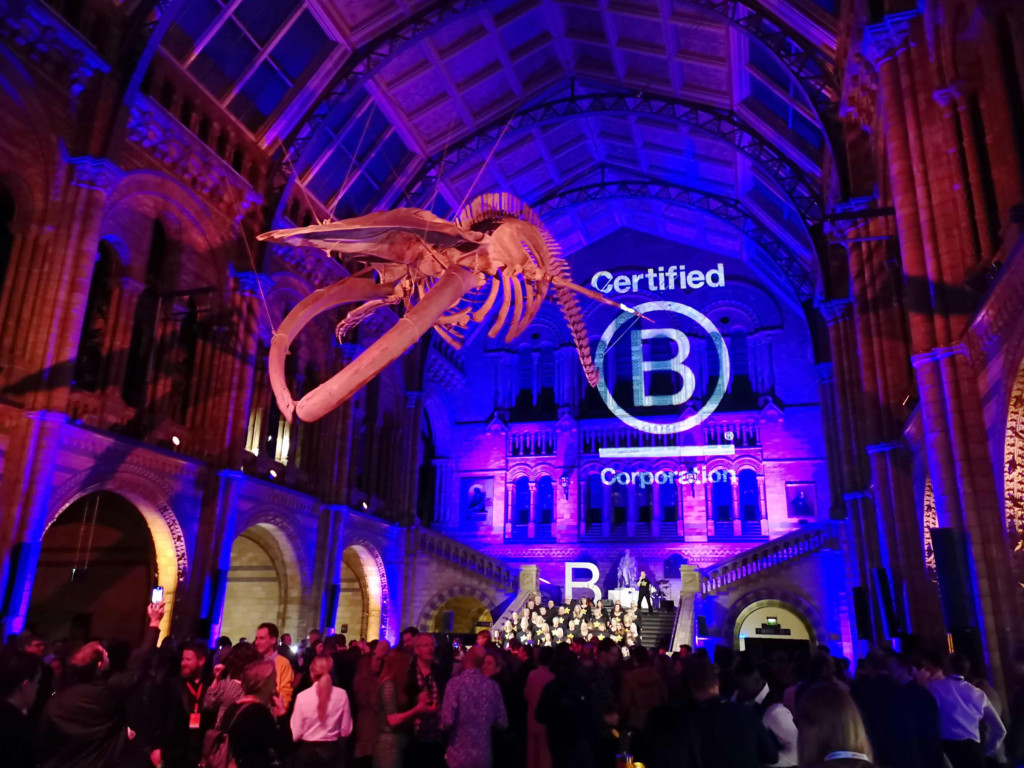
Inside the atrium of the Natural History Museum for B Corp’s celebration at reaching 1000 UK members.
Is bigger better?
When we began investigating B Corps in 2019 there were around 250 UK B Corps.
It felt like an exclusive club. I knew a couple of Directors at those UK B Corps, they spoke fondly of the camaraderie between members, and their staff talked about the regular meet-ups, discount codes and other benefits to them.
By the time we began the actual certification process in 2021 there were 600 UK B Corps, and I attended their 1000 member milestone event at the Natural History Museum shortly after we certified in 2022 (it really wasn’t my thing, I left very early).
Now there are 2300 and rising very swiftly. That’s roughly the same number as in the whole of the US, where the movement started.
That’s a remarkable level of growth; they are obviously doing lots of things very right.
Maybe there are still exciting networks, meet-ups and chats to be part of. I haven’t seen any of them but, in truth, I haven’t been looking – as I wrote earlier, I am not a natural joiner.
B Corp no longer feels like an exclusive club and that probably is to everyone’s benefit. There is power in the numbers, in recognition, in acceptance.
And if the B Corp movement really is striving to make the world a better place then growth has to be a core objective in achieving that.
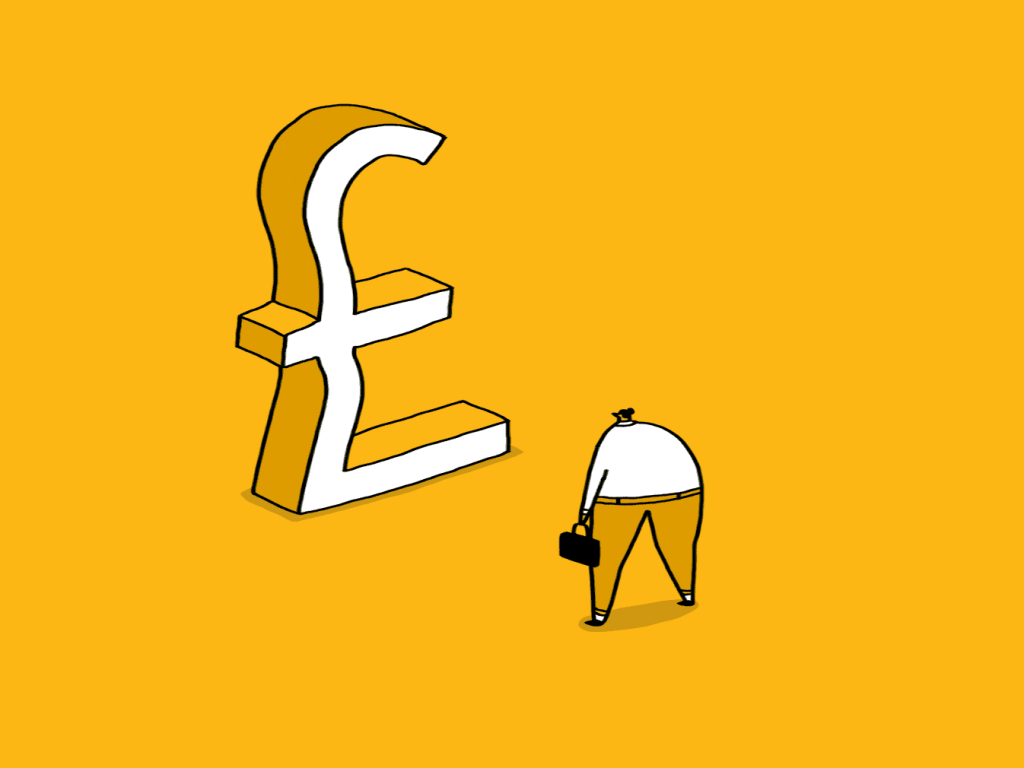
Was it a good investment?
I know that as a ‘businessman’ I am supposed to mostly care about Return on Investment.
It certainly was a big investment of time and money; plus the £2000 a year renewal fee isn’t something to be sniffed at.
Was being a Certified B Corp a useful sales tool? Did it open doors? Were we able to charge more and win more business because of our status? Did it make us more efficient; was it easier to recruit and retain staff? I don’t think so, not really.
Yes, it did turn heads and open conversations. Lots of people were interested in the depth and breadth of commitment that comes with certification.
But, in the arts, everyone is thoughtful and compassionate. We don’t stand out as that special, even with our badge of honour.
And our clients and potential clients are all struggling against a backdrop of huge financial pressure and increasing governance and charitable oversight.
Bottom line: when faced with two similar sounding digital design agencies, our potential clients are obliged to choose the most economically advantageous supplier. Yes, the potential ‘cultural fit’ is important but if two agencies say they are ethical and sustainable, one having a B Corp badge isn’t enough to significantly tip the balance. At least, we haven’t seen that play out in our pitches.
Many potential employees, peers and students told us how great it was to see that we were a B Corp. But did it persuade them to join or partner with us? I suspect it was one small factor in a very broad range of influences and deciders.
As for existing team members, they (we) all know how hard we work in all the relevant areas. We are all rightly proud to work in a company that lives by its values. We don’t need to pay to get a badge to tell us that someone else approves of those things.
So, did we get a good return on that investment?
Yeh, I think we probably did.
Coming out of the pandemic was a precarious moment: socially, emotionally and economically. Our B Corp application made us focus on the positives and address specific areas of change that we’d previously shied away from.
It prompted us to adopt processes and measure results, and it forced us to quantify and codify some of the stuff that we took for granted.
It reminded us what an incredible impact our clients have on the audiences they reach – and the part we play in facilitating their work.
It made us realise what a great company Cog is and had been for a very long time.
And now, three years on, we’re ready to do that without the need of a B Corp badge.
